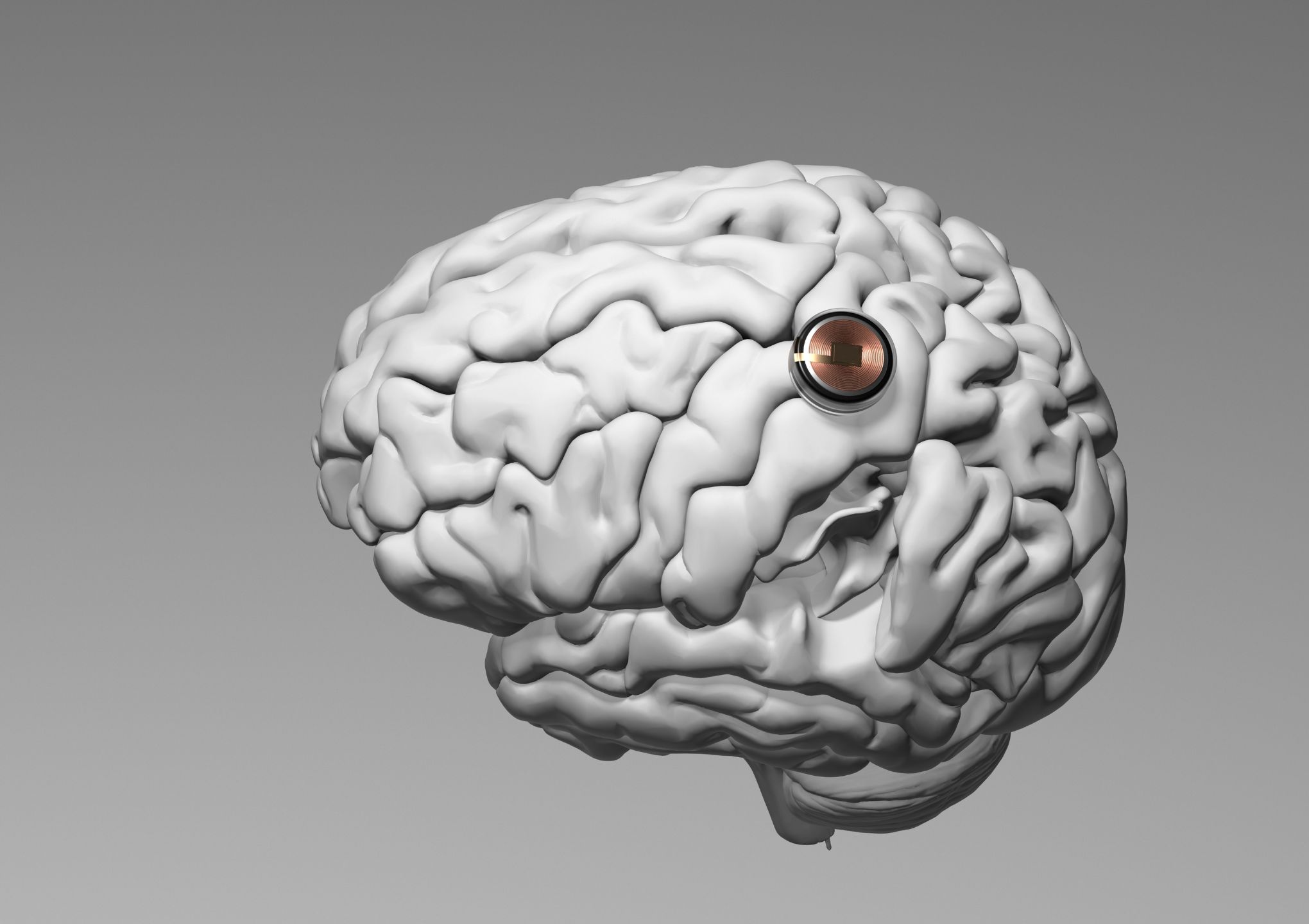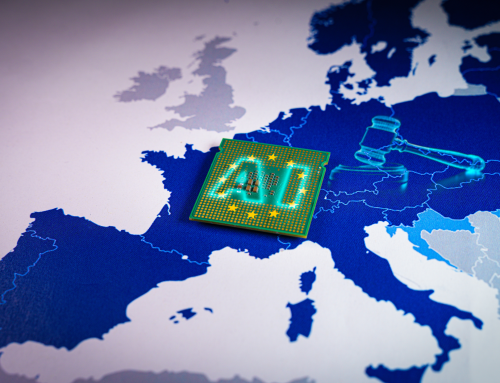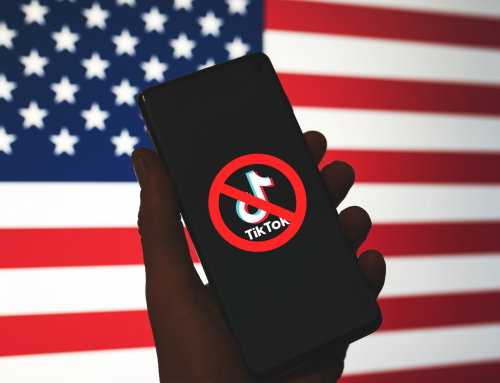Neuralink (https://neuralink.com/), a company founded by Elon Musk, recently received approval from U.S. authorities to test computer chips in the human brain. This exciting development opens up new possibilities in the exploration and use of brain-computer interfaces. Neuralink has the ambitious goal of curing neurological diseases and enabling paralyzed people to walk again.
Critical U.S. agencies now give green light – volunteer recruitment underway
Approval from the U.S. Food and Drug Administration (FDA) for a first-in-human clinical trial was proudly announced by Neuralink on Twitter. This milestone marks an important step towards the realization of the futuristic project of humans being able to communicate directly with computers through thoughts. However, the company stresses that recruitment of test subjects for the study has not yet begun. However, more information about it is expected soon.
It is worth noting that Neuralink has only tested implants on animals so far. Elon Musk is known for his ambitious goals and announcements, some of which have not always been realized in the past. Neuralink also initially experienced schedule delays. In July 2019, Musk had announced that the first tests on humans could be carried out as early as the following year. Now, after further development and receiving FDA approval, Neuralink is ready to move forward with development of the brain implant and bring the technology to a wider testing audience.
Volunteer recruitment has already begun and you can sign up at this link if you are interested in participating in a study: https://neuralink.com/patient-registry/
Competition in the wings
Neuralink is not alone in the brain-computer interface field, however. A competitor called Synchron announced in July that it was the first company to implant a corresponding chip in the brain of a U.S. patient. This shows that research and development in this field is progressing and more and more companies are involved. In addition to developing brain implants, Neuralink is also working on implants for the spinal cord and eyes to restore mobility or vision to disabled patients.
The advances in brain-computer interfaces are fascinating and promise great potential for the future of medicine and technology. Although there are still challenges to overcome and the technology is still in its infancy, it is exciting to watch Neuralink and other companies continue to explore the frontiers of human interaction with computers. The ability to convert thoughts directly into commands for computers could greatly improve the lives of people with neurological conditions or physical disabilities.
Vision of brain-computer interface
Neuralink’s vision goes beyond medical applications, however. Elon Musk sees the development of brain-computer interfaces as a way to take humanity to a new level of artificial intelligence. He warns of the potential dangers of an unbalanced relationship between humans and machines, and strives to shape that relationship to ensure that humans are always in control.
There remain ethical and legal issues associated with the use of brain-computer interfaces. Privacy, security, and potential for abuse must be carefully considered to protect the privacy and individual rights of users. A comprehensive legal and ethical framework is needed to ensure responsible use of this technology.







